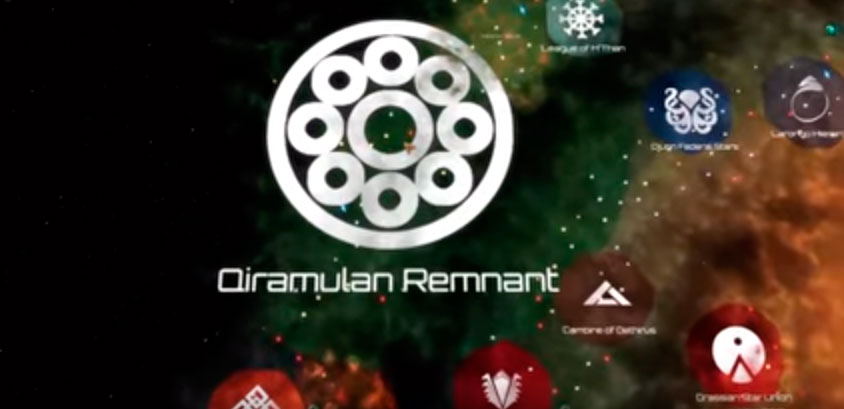Paradox Interactive, the developers of historical strategy series Europa Universalis (EU) and Crusader Kings (CK), this week revealed the release date for their upcoming 4x strategy game: Stellaris. Set in the far future, Stellaris follows a galaxy of procedurally generated species that are emerging into an age of Faster-Than-Light (FTL) travel. The game comes out this year on May 9. Catch the trailer below:
![]() Stellaris – “The Vast Unknown” In-game Trailer GDC 2016
Stellaris – “The Vast Unknown” In-game Trailer GDC 2016
Using their famed Clausewitz engine, Paradox is looking to revolutionize the 4X space strategy genre which has been dominated by a few core types of gameplay. This new entry boasts a staggering rethink of the concept. Besides randomly generated galaxies and races, Stellaris will include a bevy of innovative features and concepts, many of which we highlighted last month.
Gameplay videos released over the past two weeks have showcased some of these features in action, such as combat with space monsters, spiral galactic maps, different kinds of FTL technologies, science ships, and late-game crises. One of the largest complaints in the 4X genre today is shallow AI and diplomatic options, assumptions which Stellaris looks to flip the table on, with diplomatic posturing being the centerpiece of the game. Concepts from the Crusader Kings series like casus belli and war score have been integrated into the engine. Gone are the days of the generic one-note playbook: Colonize, Fight, Conquer. The entire panel presentation is embedded here:
If do you conquer a species, you will find that they show up as citizens or slaves depending on how you organize your government. Citizens of your empire will have the ability to form populations with different ethics. These factions have the potential to put pressure on your empire, or even rebel. If you find yourself over-reliant on robots and research too deeply into their improvement, you might find yourself recreating Battlestar Galactica. The AI contagion could even spread from neighboring empires with a similar focus. The nuance and depth of Stellaris promises to be unprecedented.
Paradox Abandons 32-Bit
Stellaris will be the last game built on the 32-bit version of the Clausewitz engine, with Paradox’s team working on a 64-bit successor for future projects. It is a mixed blessing. As the final product of a tried and true platform, the game appears to be extraordinarily polished. It boasts animated portraits and a dynamic borders map, features that neither the EU or CK series currently have. However, future DLC and expansions will presumably be stuck with this engine, unable to leverage any new technology that is developed in the 64-bit iteration of Clausewitz.
Fallen Empires will be major obstacles in the early game.
Unless the game disappoints badly, the general consensus is we can expect a lot of post-launch support. EU and CK each have years of expansion and patch content, and are still going strong today. It is rare for Paradox to have titles like Sengoku, which it abandoned after just a few months of patches. The hype surrounding Stellaris has surpassed Paradox’s fabled Hearts of Iron series, which is expecting its fourth title later this summer after languishing for years in development.
Paradox is looking to launch a new flagship series with Stellaris and reinvent the genre. Do not be surprised if we see an expansion announced later this year. We might even see a Stellaris II on a quicker timetable then sequels in either the EU or CK series as developers, this time in 64bit.
But for now, we’ll just have to wait and see.
Stellaris is set to launch on May 9. No price has been announced at this point in time, but the launch price of Crusader Kings II ($39.99) is likely to be that of S




